The forgotten memories of those who returned to China after WWII
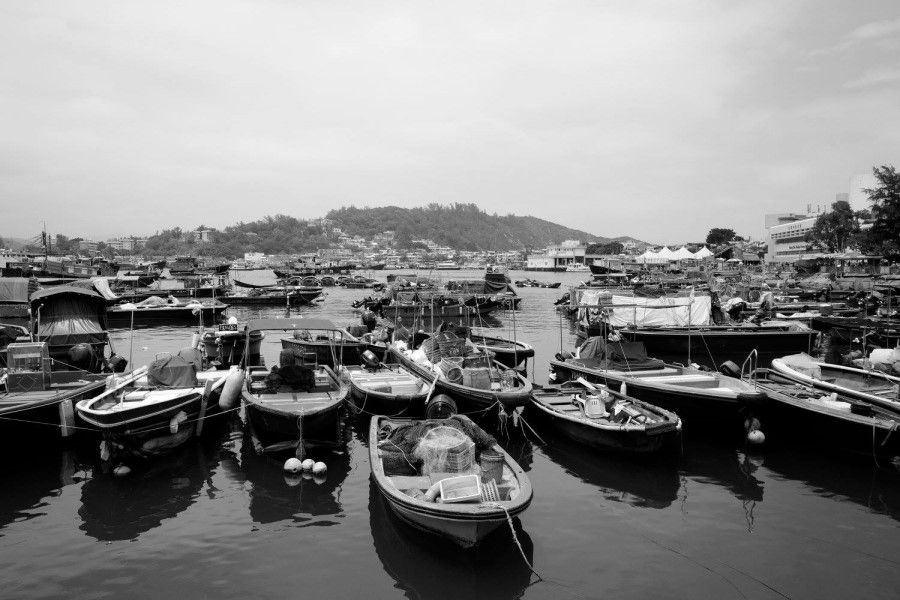
When I lived in Hong Kong 40 years ago, I met up with Brother Can, who lived in a public housing estate, on my first visit to Wong Tai Sin.
Can was an educated man who had returned to China from Singapore in the 1950s and later moved to Hong Kong. He was middle-aged by the time I made his acquaintance.
We had arranged to have dinner at Tsim Sha Tsui soon after I arrived in Hong Kong. Although we had never met before, when he saw me wearing a light shirt in the late autumn, he commented earnestly, "Whether it is cold or not, you should dress warmly."
There were no separate spaces in the 100-200 square-feet room, but curtains hung from curved tracks on the ceiling, ready to be drawn to create a bedroom.
Chasing dreams
A few months later, my wife and I visited Can's home. We exited the MTR station and passed by Wong Tai Sin Temple, and an old fortune teller along the street where they gathered grabbed me and blurted, "Sir, you have an aura of death about you. Let me tell your fortune." I smiled and declined his kind offer.
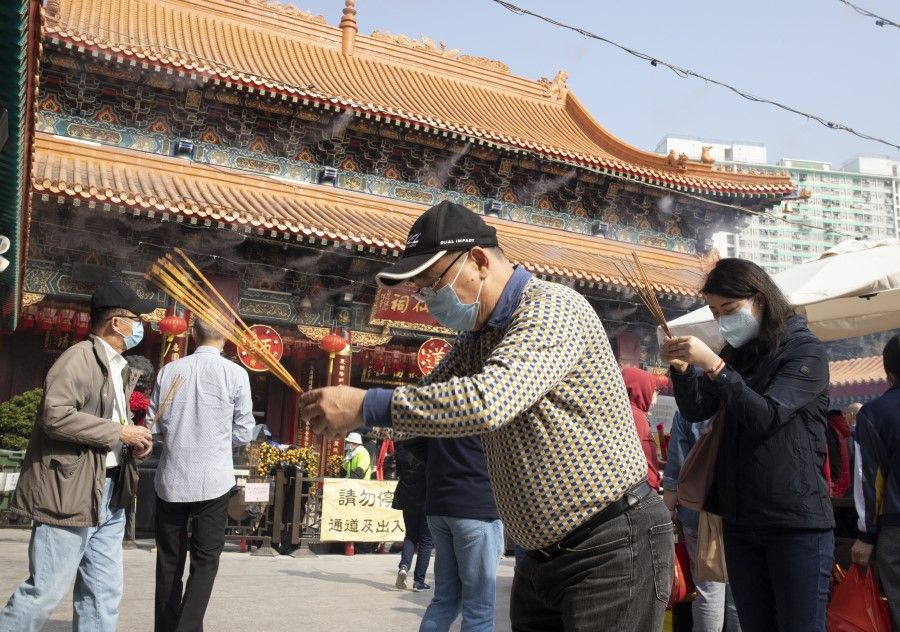
When we got to Can's home, the door was open, and gauzy curtains billowed throughout the unit. There were no separate spaces in the 100-200 square-feet room, but curtains hung from curved tracks on the ceiling, ready to be drawn to create a bedroom. Can, a gracious host, sensed my confusion and explained that the residents shared a common toilet, and the gas stove in the common corridor outside served as a kitchen.
At the time, Can lived an ordinary life working at a trading company. He said that when he first arrived in Hong Kong, he was full of hope and started his own small factory manufacturing products for export to Africa. However, the good days lasted just a few years before an economic storm brought him to his knees. With a heavy heart amid the bleakness, he stowed away his failures and lived out his life as an ordinary worker.
As someone once said to me, an easy path leaves no traces, but plodding along muddy roads inevitably leaves footprints - walking through it carries no regrets.
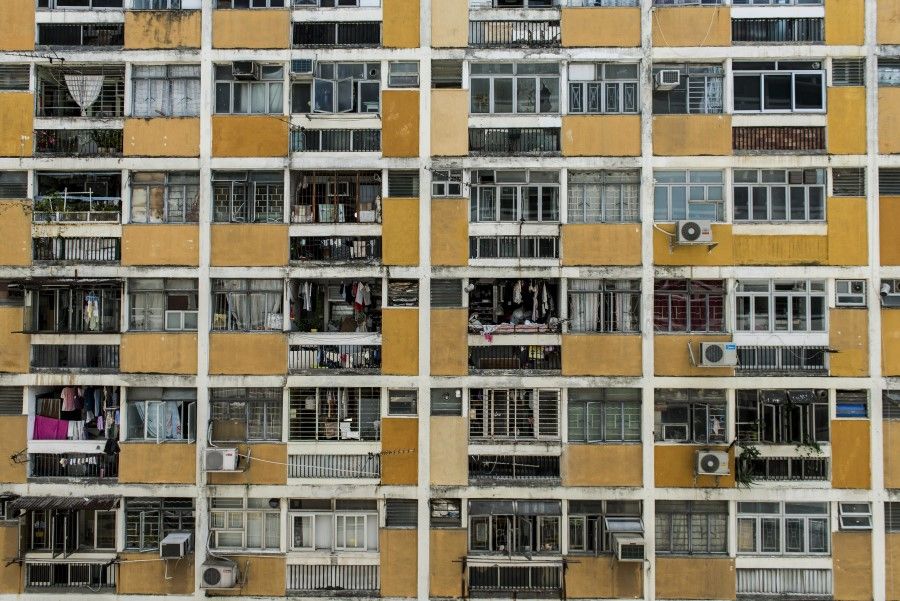
In his youth, Can attended a Chinese school. In the post-World War II era, with frequent changes in various political regimes, political awareness and identity were a mess, and anti-colonial sentiments ran high across Southeast Asia. The Chinese people were the most conflicted, torn between putting down roots or returning to their ancestral homeland.
As though moving to the warlike beat of a marching song, many fired-up, idealistic young people were eager to return, which caused ripples within many Chinese families. Can chose to go back north - his family were against it, but he went anyway, chasing his dreams without looking back.
Families torn apart
When we met, I tried to get Can to talk about this time, but my efforts were in vain. A bland "that's all bygones" is all he said; and with that, he wiped away the emotions of the past, as if to erase that period from his memory.
Indeed, with his youthful dreams turned to ashes in the wind and his entrepreneurial efforts capsized in his prime, now with grey hair and life unfulfilled following a string of setbacks, who wouldn't want time to quickly erase that heavy melancholy? As someone once said to me, an easy path leaves no traces, but plodding along muddy roads inevitably leaves footprints - walking through it carries no regrets.
It was only over a decade later that I realised those pieces of scattered peanut shells were a farewell that couldn't be put into words, full of complex emotions.
One night when I was a child, a group of young people gathered outside my home to chat. The next day, I woke up to find pieces of peanut shells scattered on the ground, but I wasn't aware what had happened.
Once I was grown up, my mother randomly mentioned how the fourth child of the owner of the shop at the village entrance returned on his own to mainland China during his high school years. His mother was kept in the dark, and when she learned her son had left without saying goodbye, she bawled her eyes out and her hair turned white overnight. Her longing for her son became misty, faraway mountains.
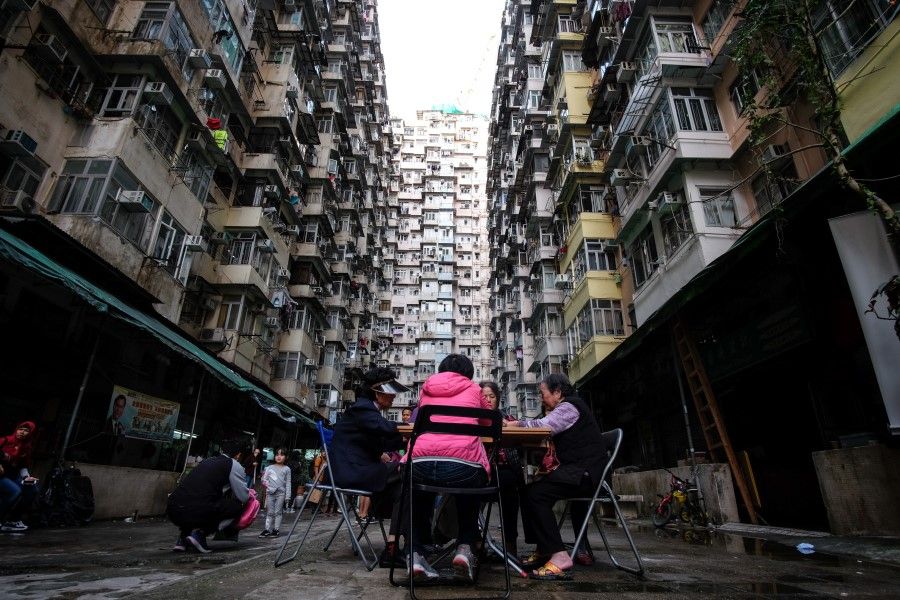
Before the young man left, he said goodbye to his friends by my home. It was only over a decade later that I realised those pieces of scattered peanut shells were a farewell that couldn't be put into words, full of complex emotions. Through the long night, peanuts in hand, fingers squeezing and prying, they separated the nuts from the shells, leaving a lasting impression on them.
As I grew up, I came to understand that at the time, Singapore had not yet achieved self-rule, and the ever-changing political landscape had created many emotional stories of the era.
Surrendering to fate
The year I visited Can, I was renting a place in Sai Wan on Hong Kong Island from a family of three.
That same year, my friends from the Singapore education and cultural scene came to Hong Kong to meet with their friends who had returned to China 30 years earlier to serve their country, and I was invited to join them at a little restaurant in North Point, an area where the Fujianese in Hong Kong gathered. That was when I first met a couple from Nanyang or Southeast Asia, specifically Sarawak and Singapore. After dinner that night, they warmly invited us to their home for more conversation.
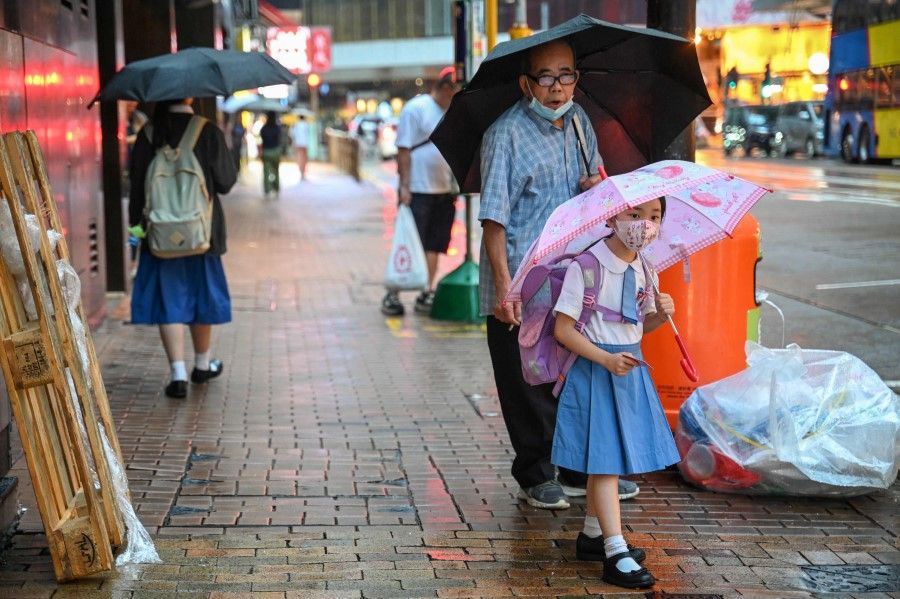
My eventual landlords, who themselves were tenants of the space that they had sublet to me, were Chinese-educated students who were inspired by the atmosphere of the 1950s to set out on a new path. However, their ideals were shattered by reality. After struggling for more than a decade, they adjusted their mindset and moved to Hong Kong in the 1970s, starting the next leg in the marathon of life.
The mother was a young Indonesian immigrant who had returned to mainland China in the 1950s to study Western medicine. However, colonial Hong Kong did not accept medical qualifications from mainland China, so she could not practise medicine and had to settle for working as a clerk in an office building.
Amid the intense competition in Hong Kong, the couple's two children worked odd jobs in foreign companies as they did not have university degrees. Eventually, the family ventured into the financial industry. After a determined effort, they established their own small business and found a new outlook on life.
The wounds of that era eventually healed through the bonds of blood and family.
My landlord and I talked a lot about religion but little about the past. When it came to the subject of the experiences of Indonesian Chinese during her youth and the disillusionment of Chinese-educated youths who returned north to pursue their dreams, she chose to keep silent.
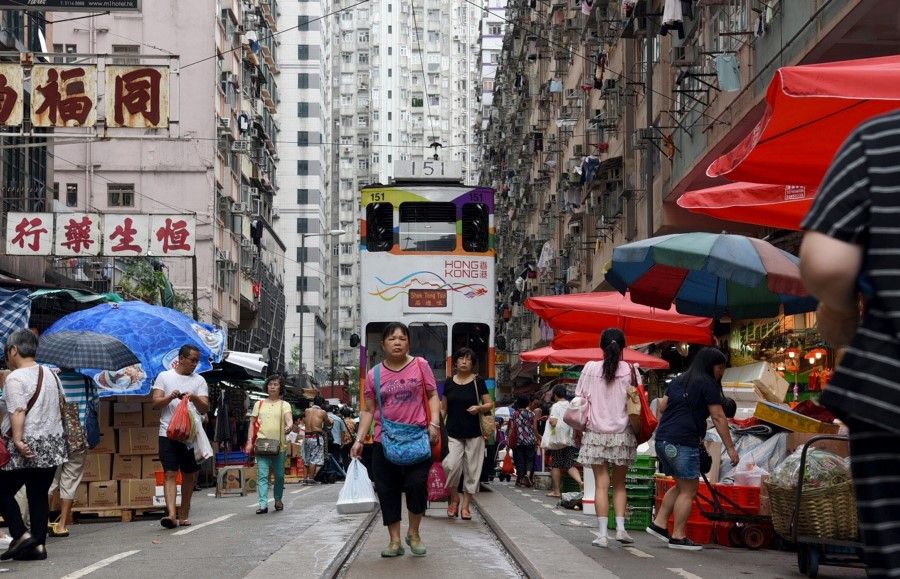
In that tumultuous era, tropical countries had their stories, but the islands quickly calmed down and the once turbulent waves disappeared without a trace. The stories of that era played out in many families, with ups and downs, secret departures, intense struggles and ruptures with families.
Young people eagerly responded to the call of the times, but life was harsh, and trials and tribulations made them bow their heads and see that life is about repeatedly giving in to reality. One chooses a path and does one's best - the rest is in the hands of fate.
The wounds of that era eventually healed through the bonds of blood and family. That generation of Chinese-educated students grew up immersed in Chinese culture and history with a deep sense of their cultural homeland, intertwined with the great political changes of the time, with complex emotions writ large in the script of the era.
This article was first published in Lianhe Zaobao as "坐想,被遗忘的时光".
